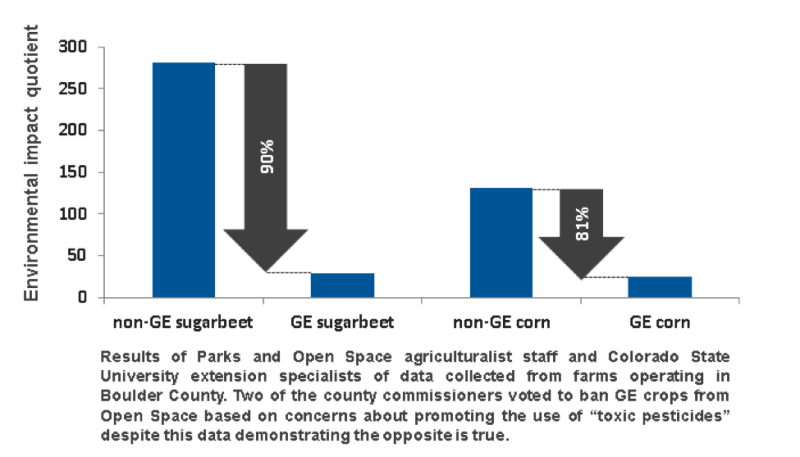The GLP aggregated and excerpted this blog/article to reflect the diversity of news, opinion and analysis.
[…]On Tuesday, the National Academies of Science, Engineering and Medicine released a long-anticipated study that clarified two major points:
•Genetically engineered crops are no more of a health risk to humans than conventionally bred crops are.
•The insect and weed resistance that has evolved through their use is a “major agricultural problem.”
[…]It ends with a chapter on the regulation of genetically engineered crops. And it recommends, in effect, that we stop confusing the process (genetic engineering) with the product (say, a corn tortilla).
“All technologies for improving plant genetics — whether genetic engineering or conventional — can change foods in ways that could raise safety issues,” the report counsels.
In the U.S. and Europe, activists have turned “GMO” into a dirty acronym, and some states are moving forward with laws that will require foods with GMOs to be labeled. The first of its kind takes effect July 1 in Vermont. Without more complete information about a food’s origins or the process through which it was grown, we don’t see how a basic “GMO” label will help consumers make truly informed purchases.
Read full, original post: Some answers — and more questions — about GMOs































